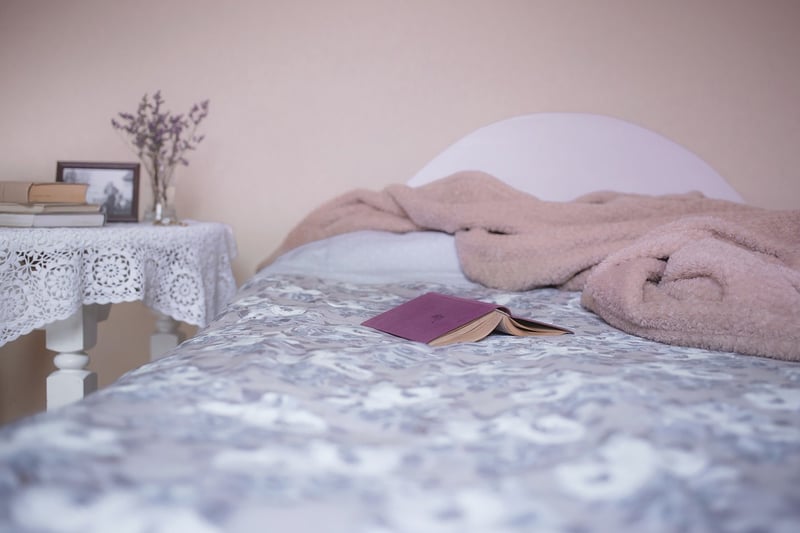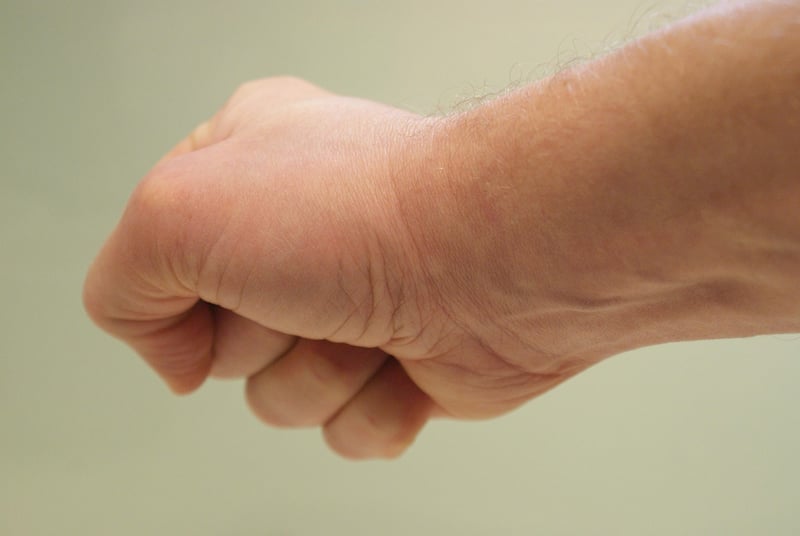Relaxation Techniques
Tips for Quality Sleep and Rest + Relaxation Techniques
Introduction
Having trouble sleeping? Struggling to relax after a long day? Quality sleep is essential for overall health and well-being. In this article, we'll discuss some tips for improving the quality of your sleep and share relaxation techniques to help you unwind and de-stress.
Tips for Quality Sleep
- Avoid caffeine and nicotine close to bedtime as they can disrupt sleep.
- Create a relaxing bedtime routine to signal to your body that it's time to wind down.
- Ensure your bedroom is conducive to sleep – cool, dark, and quiet.
- Avoid screens (phones, tablets, computers) at least an hour before bedtime as the blue light can interfere with sleep.
- Try to go to bed and wake up at the same time every day to regulate your body's internal clock.
Relaxation Techniques
When you're feeling stressed or find it hard to relax, these techniques can help calm your mind and body:
1. Deep Breathing
Take slow, deep breaths in through your nose, hold for a few seconds, and exhale slowly through your mouth. Repeat several times.
2. Progressive Muscle Relaxation
Tense each muscle group in your body for a few seconds and then release, starting from your toes and working your way up to your head.
3. Mindfulness Meditation
Focus on the present moment, paying attention to your breath, bodily sensations, and surroundings without judgment.
4. Guided Imagery
Visualize a peaceful place or scenario, engaging all your senses to immerse yourself fully in the experience.
5. Yoga or Stretching
Practice gentle yoga poses or simple stretching exercises to release tension from your body.
Conclusion
Prioritizing quality sleep and incorporating relaxation techniques into your routine can have a profound impact on your overall health and well-being. Experiment with different strategies to find what works best for you, and remember that consistency is key to reaping the benefits of improved sleep and relaxation.


